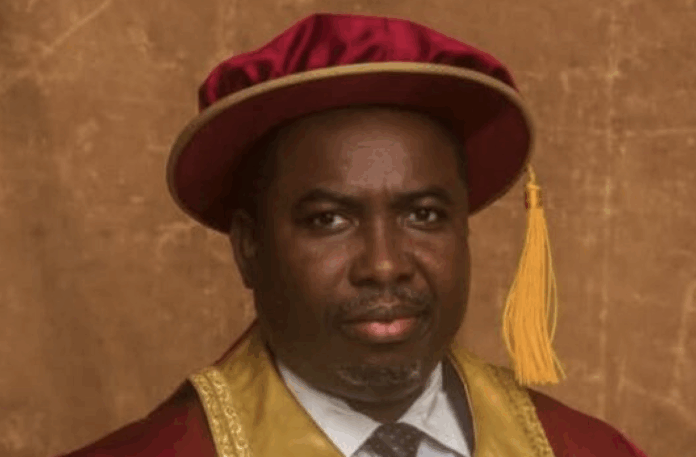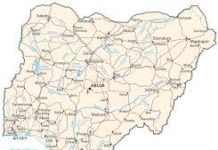https://youtu.be/OOB4WHdKQ8k?si=qKMjPwf889mXFGQ0
As expected, President Bola Ahmed Tinubu has finally named a new chairman for Nigeria’s Independent National Electoral Commission (INEC) — Professor Joash Amuputan, a 58-year-old professor of law from the University of Jos and indigene of Kogi State.
In this episode of The Other Side, Rimamnde Shawulu Kwewum analyses the political and moral dimensions of this crucial appointment. What does this mean for Nigeria’s democracy? Can this choice restore faith in the electoral process — or is it another calculated move ahead of the 2027 general elections?
Professor Amuputan’s appointment, Shawulu explains, appears to strike a delicate balance between ethnic inclusion and political expediency. On one hand, it satisfies Northern minorities who have long demanded representation, while also pleasing the Yoruba elite, who have never produced an INEC chairman before now. With this single appointment, Tinubu seems to be “killing two birds with one stone.”
But beyond the symbolism, questions of integrity, independence, and moral leadership loom large. Can any appointment truly reform INEC when the root of Nigeria’s electoral problems lies deeper — in a moral collapse where rules no longer matter and loyalty often trumps integrity?
Drawing comparisons with institutions in the United States and United Kingdom, Rimamnde Shawulu notes how election officials in those countries operate independently once appointed — unlike in Nigeria, where electoral loyalty is often shaped by political interests. He references how U.S. Attorney General Janet Reno, though appointed by President Bill Clinton, oversaw investigations that ultimately led to his impeachment — an example of institutional integrity that Nigeria desperately needs.
The discussion also extends to civil society calls for reforming the method of appointing the electoral umpire. Should sitting politicians and incumbents have the power to pick those who will conduct elections in which they are contestants? Or should there be an independent, non-partisan process that restores public confidence?
Ultimately, Shawulu argues that Nigeria’s challenge is not just about who leads INEC, but about the nation’s moral compass — a society where young people grow up believing that to win elections, one must know the right officials, spend the most money, or manipulate the process.
This episode offers an unflinching look at the intersection of morality, politics, and power in Nigeria’s democracy, and raises the question:
“What kind of electoral system can truly guarantee justice and fairness in 2027?”
Watch, share, and join the conversation.
Subscribe to The Other Side for weekly insights into Nigeria’s politics, governance, and democratic journey.
#TheOtherSide #RimamndeShawulu #NigeriaPolitics #INEC #2027Elections #Tinubu #ProfessorAmuputan #INECChairman #KogiState #Yoruba #MiddleBelt #Democracy #Governance #PoliticalAnalysis #NigeriaNews #ElectionReform #ElectoralIntegrity #PDP #APC #NNPP #NigeriaDemocracy #AfricanPolitics #Leadership #MoralCrisis #PoliticalAccountability
Watch More
https://youtu.be/X1sVoz6kGcc?si=v8-3BCvg6R0yetmx










